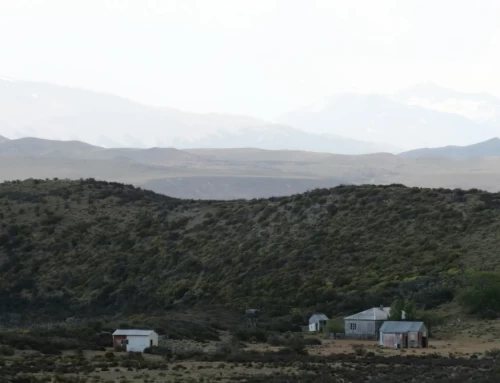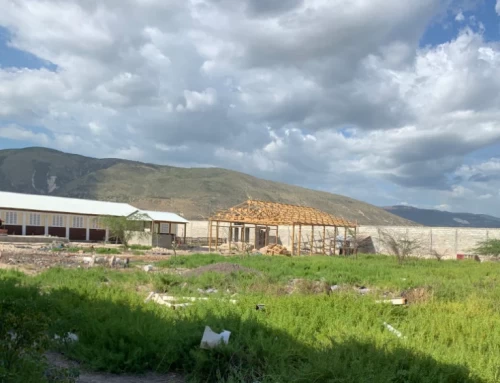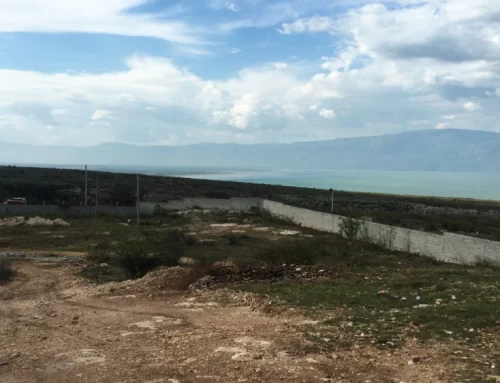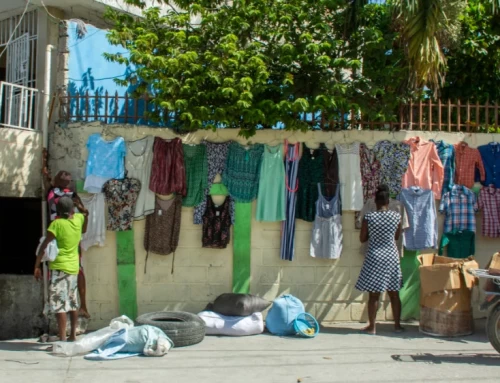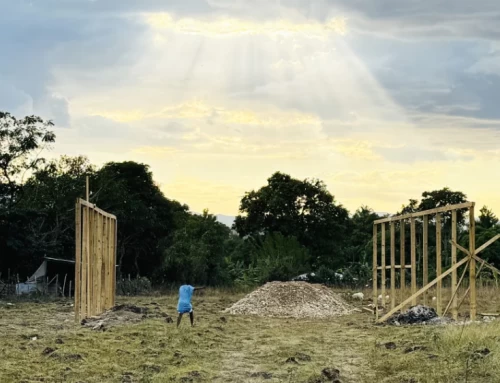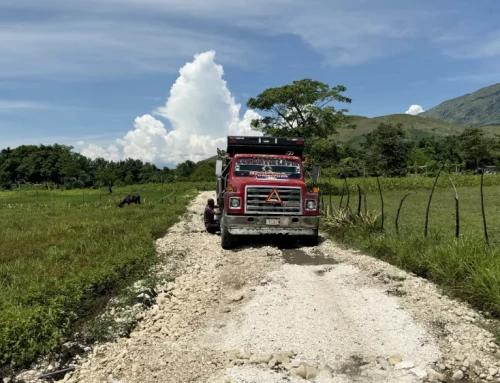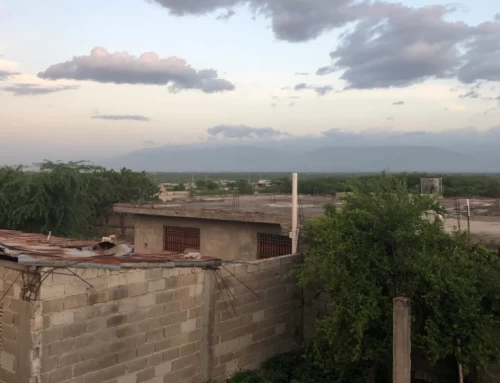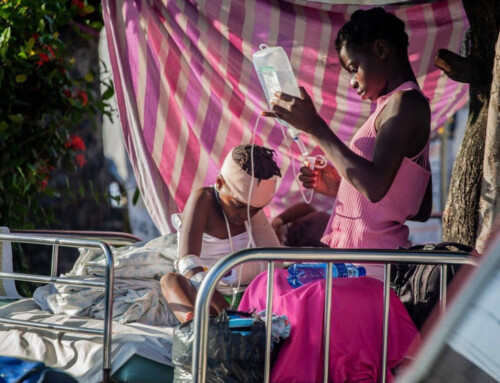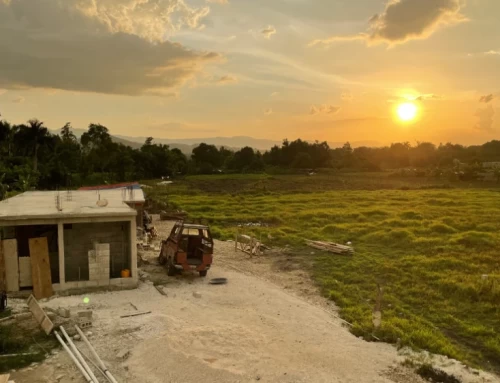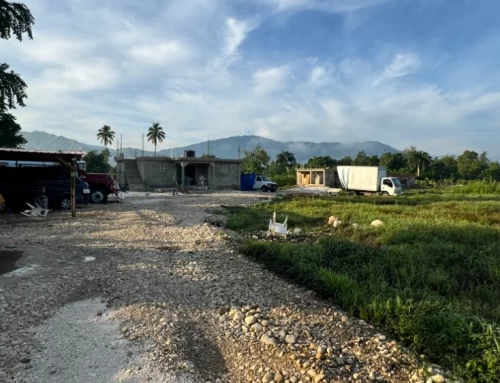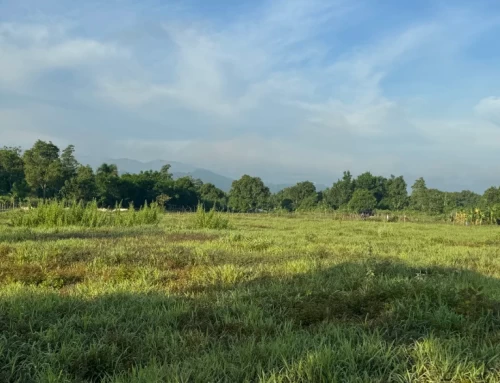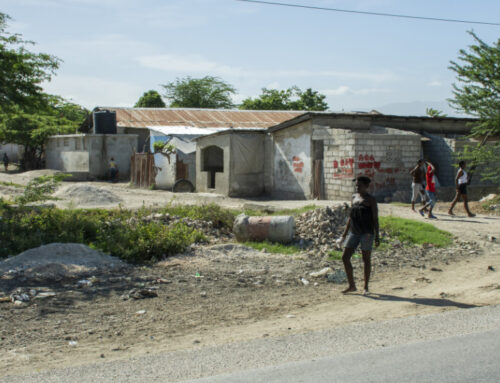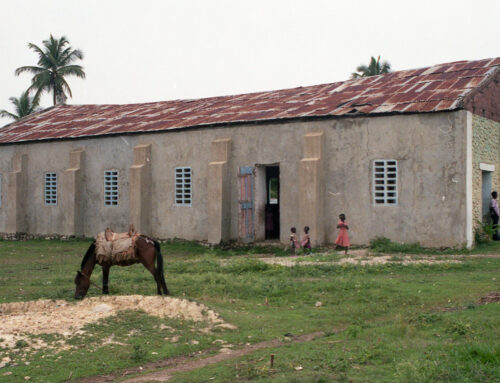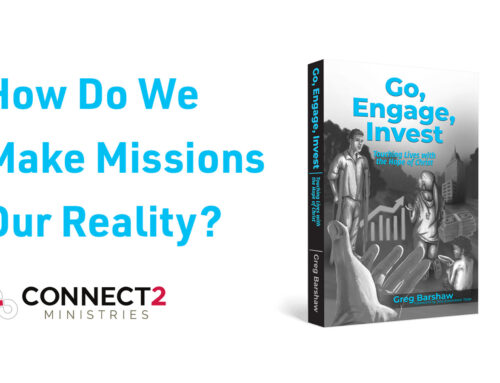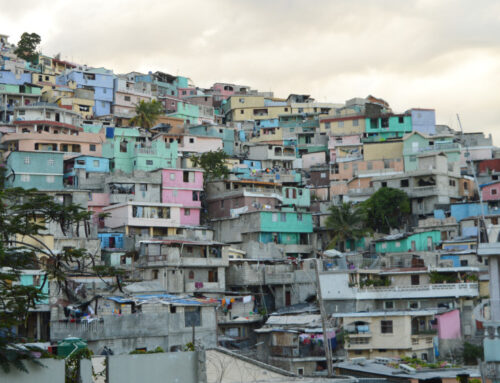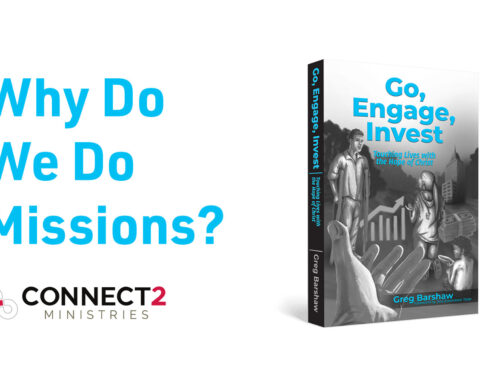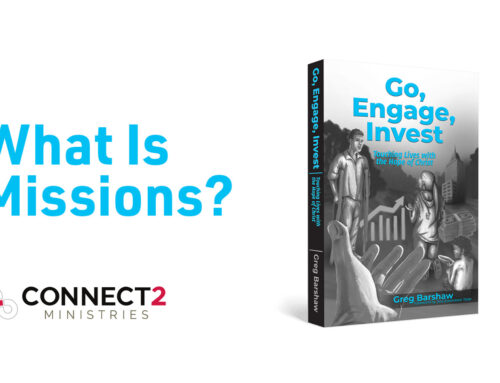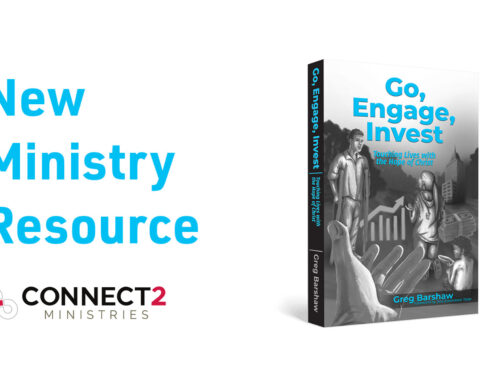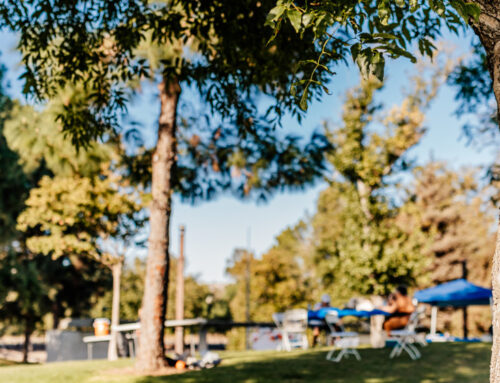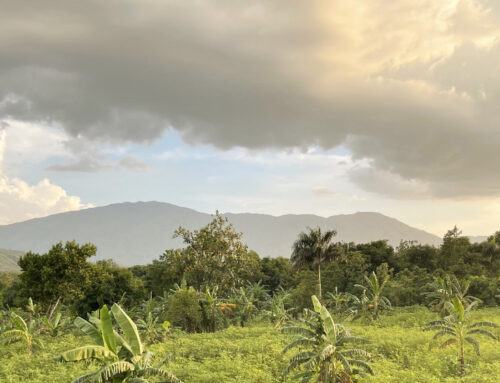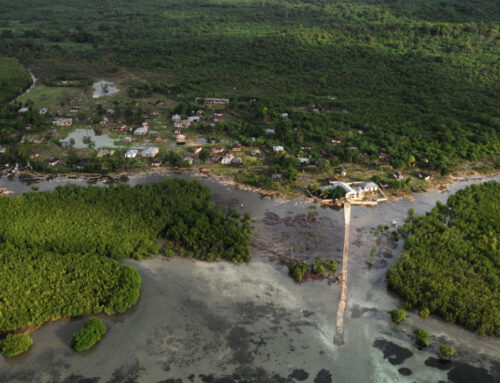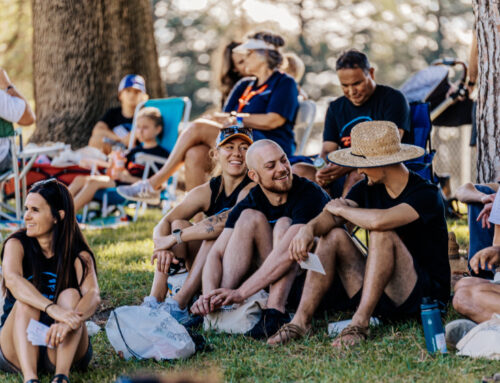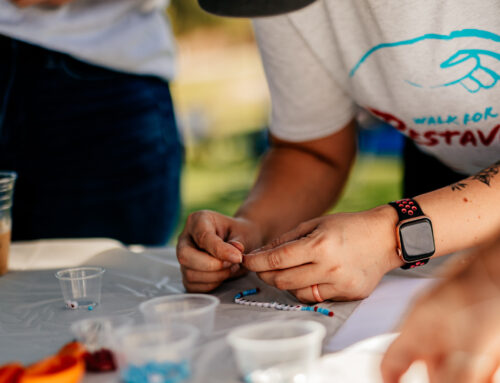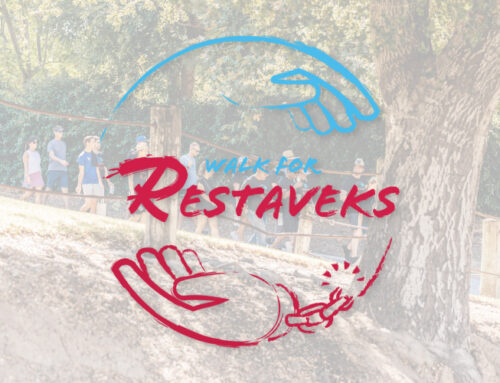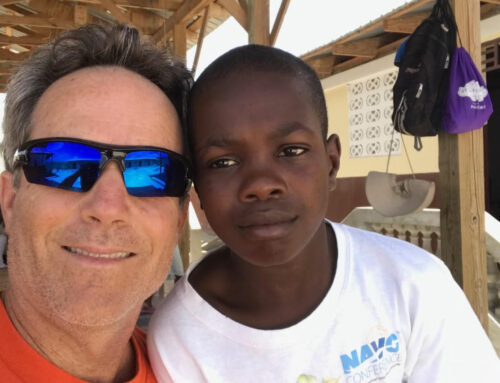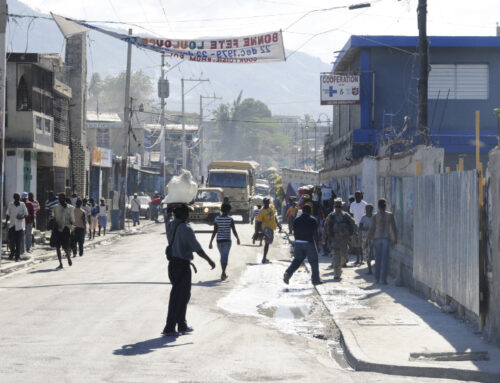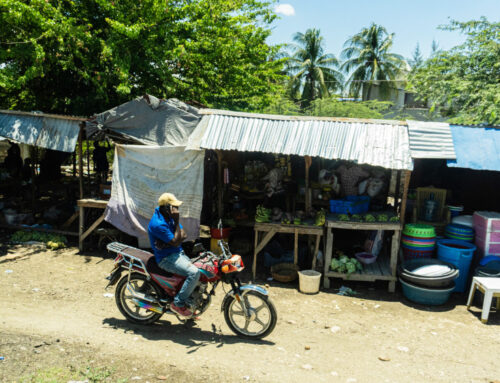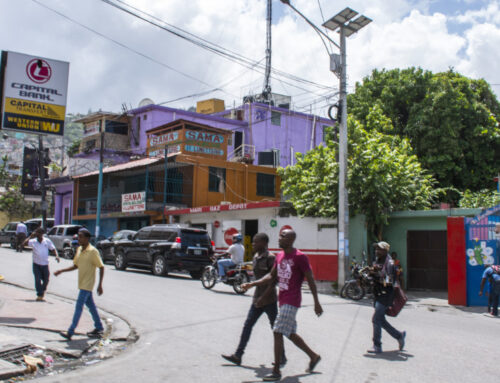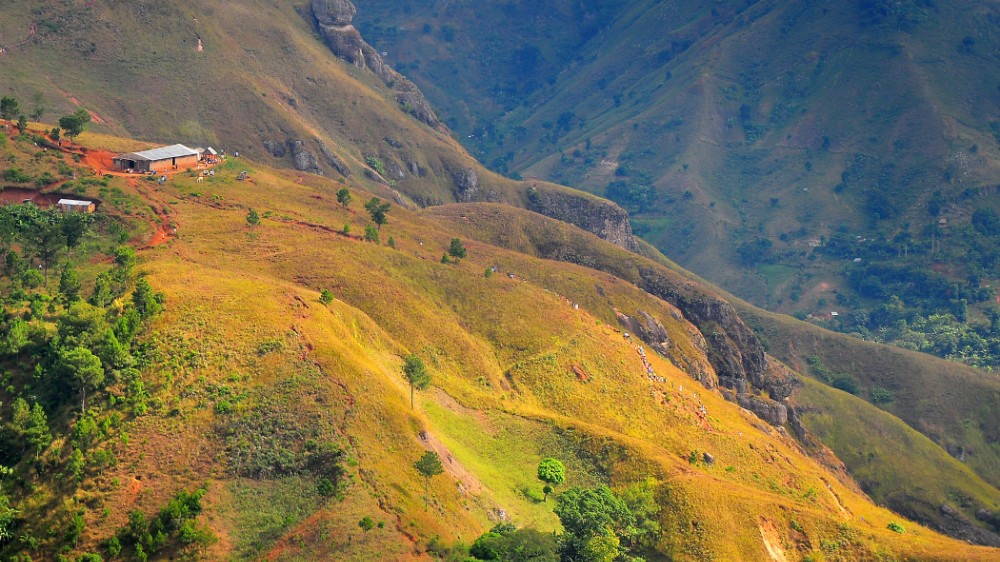
In Haitian culture, greetings often include a recognition of spiritual presence. It is common to greet others with blessings, such as “Bonswa” (good evening) or “Bondye beni ou” (God bless you). Blessings carry a subtle acknowledgment of the divine, and while the dominant religious context in Haiti is Vodou, this shared belief in supernatural power offers a point of connection in evangelism. We can agree that the supernatural is real, that divine power exists, and that it demands our attention.
However, these broadly shared beliefs can also cause confusion. Vodou priests assume a role of spiritual authority over their people, but in reality, they are charlatans. Christian pastors face mistrust as a result. For example, if a Vodou priest visits a sick person, he will often claim that a demon is causing the person’s misfortune, offering to take care of it for a fee. He will also tell the person they will not get well until they’ve taken his advice. In this context, spiritual authority comes with negative associations.
This belief is so ingrained that one man went to a Vodou priest and asked to be made bullet-proof. The priest said he could do it for a fee, and promised that after the money was paid, he would come back with a potion to make the man bulletproof. A week from then, the deal was finished when the man handed his gun to the priest and asked to be shot as a test of the potion. The priest shot and killed him.
There are many similar stories we could tell—like one about a man who used to levitate across our property before we acquired and developed it. Mercifully, the Lord saved him (you can read the story here), but many people deal with Voudou in an equally intense way. They think they have done everything to secure the protection of Vodou, yet this belief fails in the face of disaster—earthquakes, political unrest, and social crises put every spiritual power to the test. People begin to ask what can sustain them through the troubles of life, because Vodou falls short at every turn.
The challenge in evangelism then becomes untangling cultural ideas of spiritual power from biblical truth. Many times when Haitians come to Jesus, the teaching they hear comes as an addition to, not a replacement of, Vodou beliefs. Our goal is always to show how Jesus is better, stronger, and more faithful than the lies of Vodou. We share Christ first, and then help people understand their culture in light of the truth. Jesus is the only hope for a broken world, and the power of the gospel is the antidote for the darkness of Vodou in Haiti.
Visit Vodou in Haiti to read more about the religion and its history.
Share This Story!
Join Our Email List!
Get our blogs delivered directly in your email, don’t miss an opportunity to read about our mission to save children and bringing the Gospel to Haiti.

